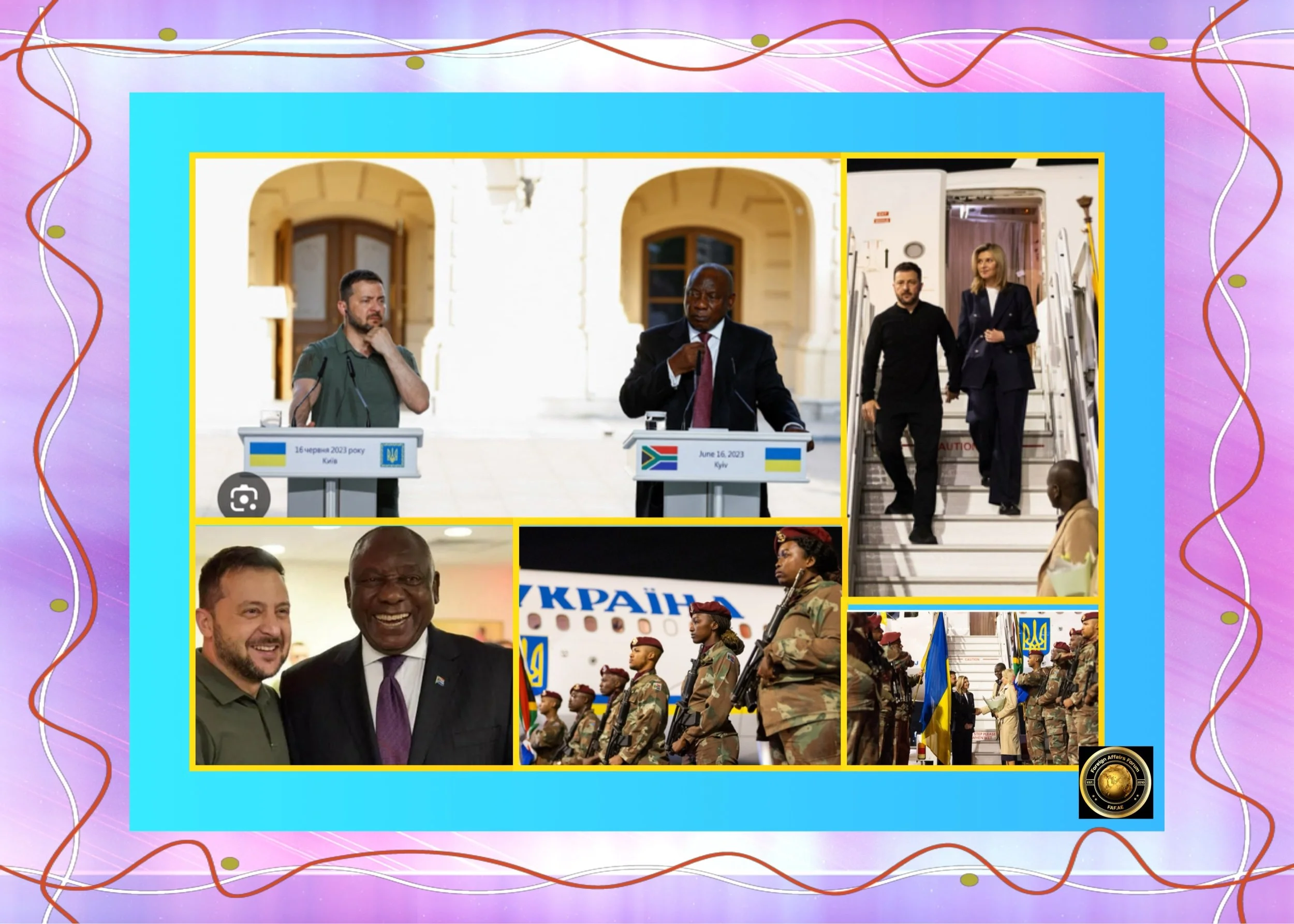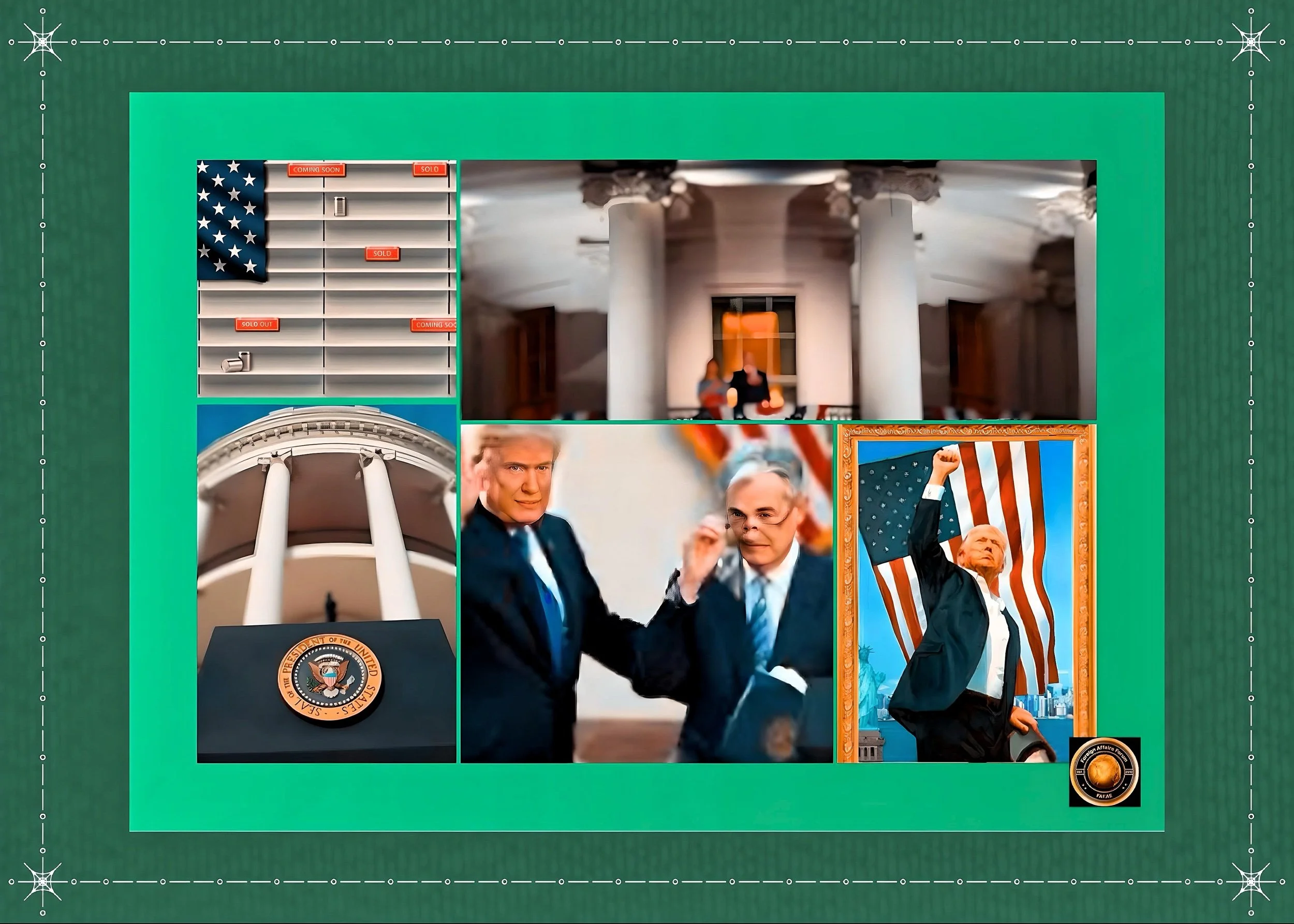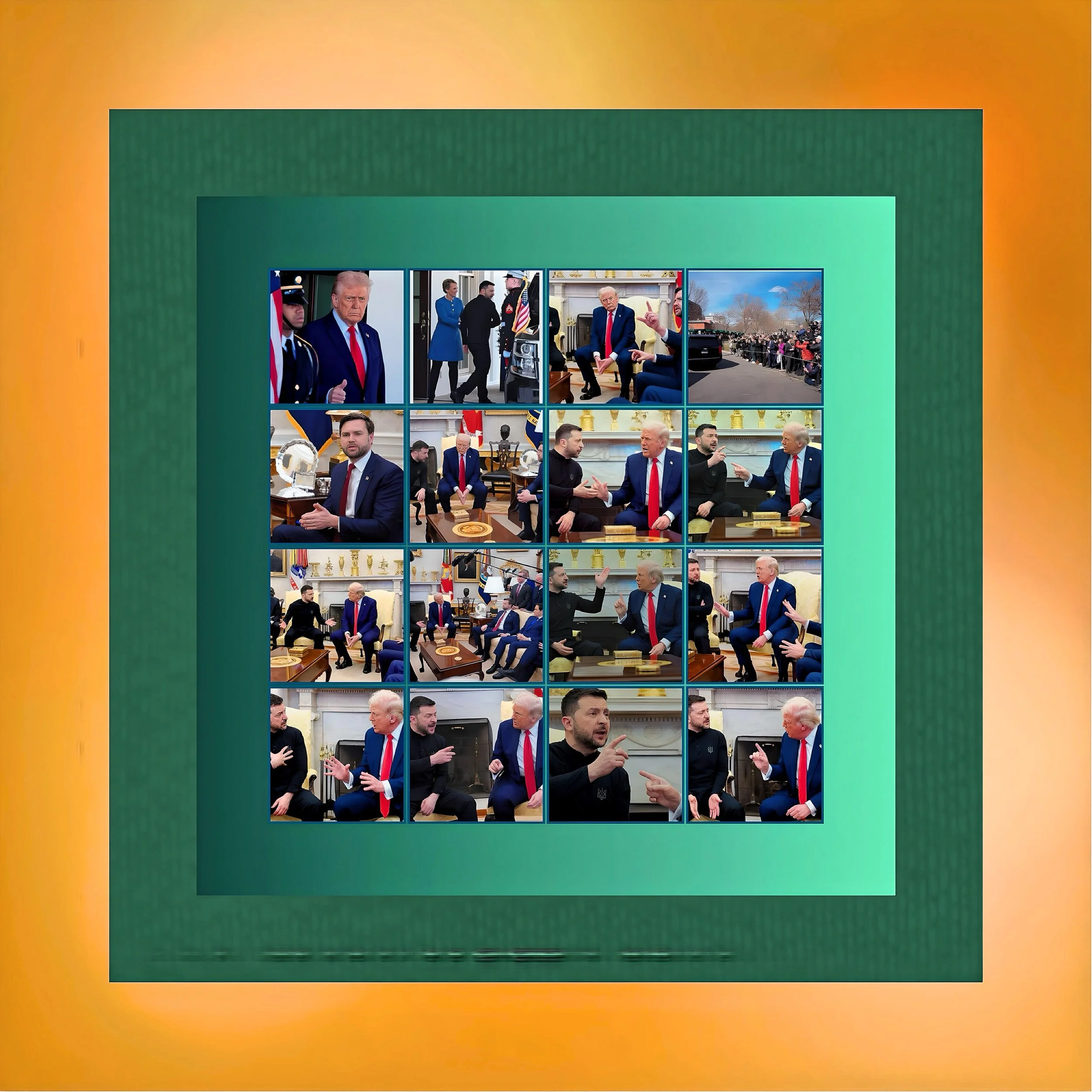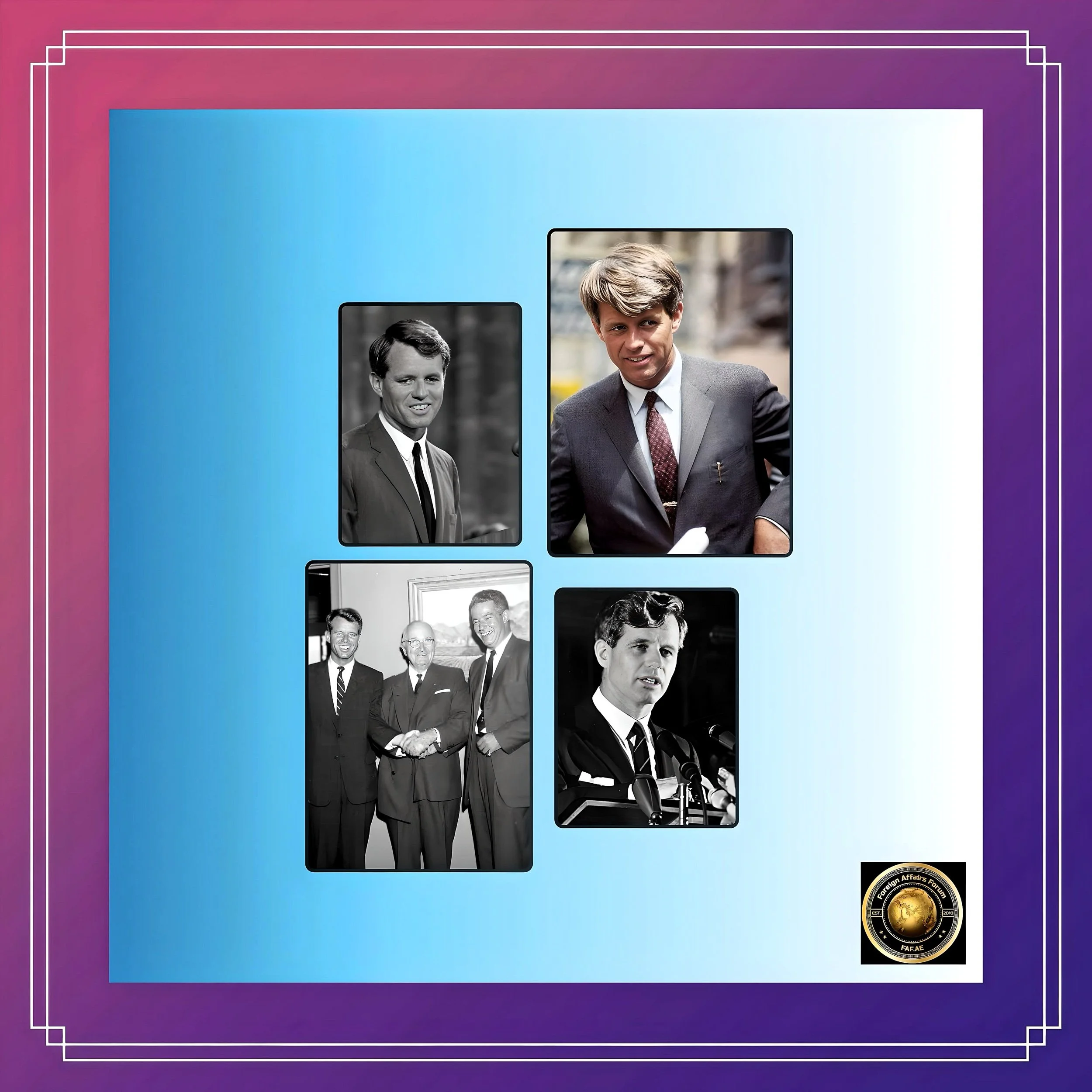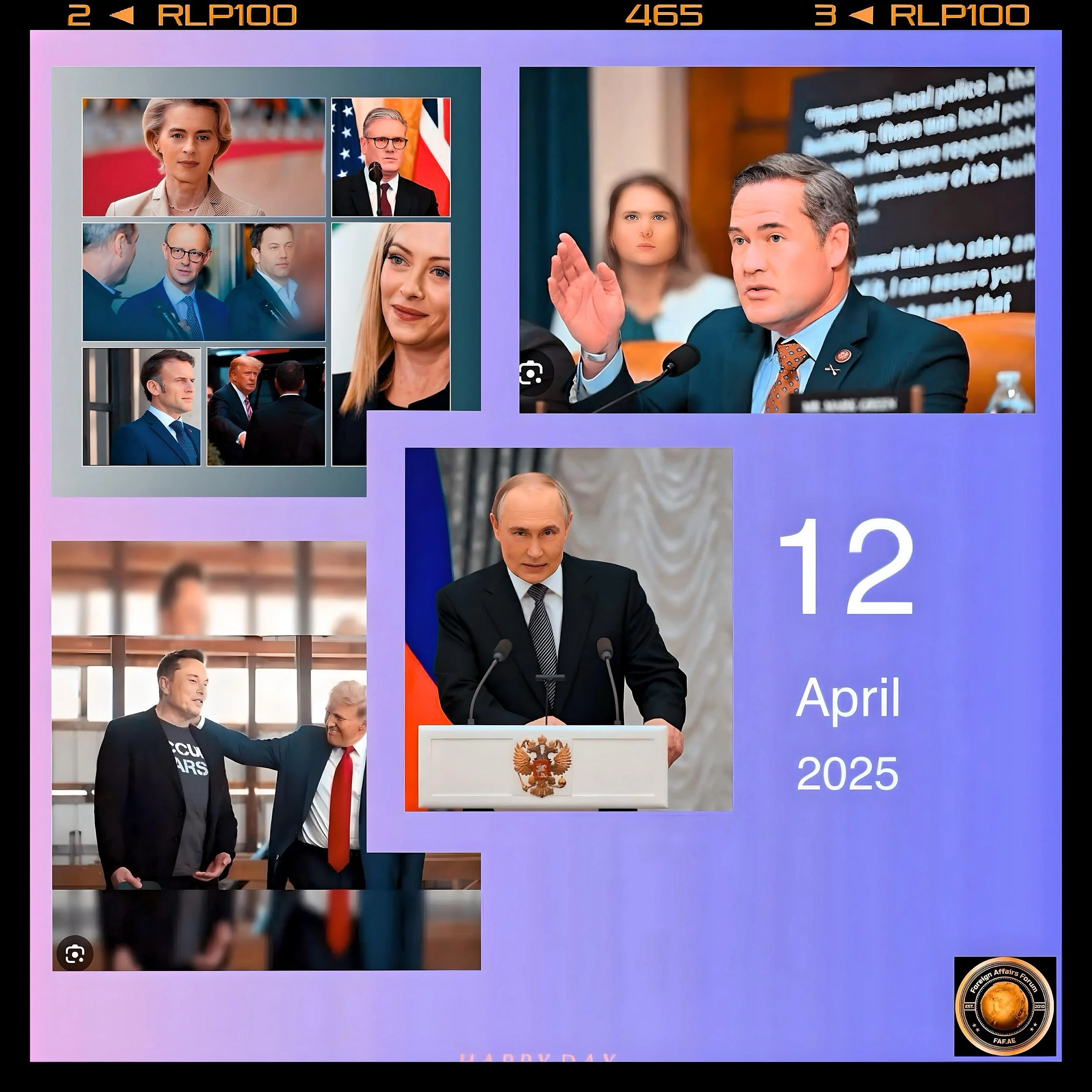Zelensky’s South Africa Visit: Diplomatic Push as Options Narrow in Ukraine Crisis
Introduction
Ukrainian President Volodymyr Zelensky is set to make his first-ever visit to Africa on Thursday, April 24, 2025. His diplomatic options appear increasingly constrained amid mounting pressure from the U.S. to accept significant concessions to Russia.
This landmark visit comes at a crucial moment in the Ukraine conflict, with peace negotiations intensifying but showing little evidence of Russian willingness to compromise.
Zelensky’s Diplomatic Pivot to Africa
President Zelensky’s scheduled working visit to South Africa represents a significant diplomatic shift for Ukraine, which has historically maintained limited engagement with the African continent.
This upcoming meeting with South African President Cyril Ramaphosa in Pretoria marks Ukraine’s first high-level diplomatic mission to Africa since Russia’s full-scale invasion began in 2022.
The South African Presidency officially confirmed the visit, with Ukrainian ambassador Liubov Abravitova stating in March that the primary purpose was to establish a political dialogue.
This diplomatic outreach comes as Ukraine intends to double its embassies in Africa from the current ten, with six new diplomatic missions planned for this year alone.
Ukraine’s special representative for the Middle East and Africa, Maksym Subkh, emphasized the symbolic nature of this inaugural African visit, noting it represents part of Ukraine’s broader strategy to build relationships beyond its traditional European and American allies.
The timing of Zelensky’s Africa visit is particularly notable as it coincides with increasing diplomatic pressure from the Trump administration for Ukraine to accept peace terms requiring substantial territorial concessions.
South Africa’s Complicated Position
South Africa’s role in this diplomatic engagement is particularly complex. The country has maintained a controversial position of neutrality regarding the Russia-Ukraine conflict, abstaining from several UN General Assembly resolutions that would have condemned Russia’s actions.
This stance has previously strained relations between South Africa, Ukraine, and Western nations.
President Ramaphosa previously led an African Peace Initiative in June 2023, when a delegation of African leaders visited Ukraine and Russia to broker peace.
While those discussions did not yield immediate results, they established South Africa as a potential mediator in the conflict.
Domestically, Zelensky’s visit has generated criticism from some South African political factions, including the uMkhonto weSizwe Party and the South African Communist Party, who argue that hosting the Ukrainian leader undermines South Africa’s declared neutrality.
The Agenda: Peace Process and Bilateral Relations
The primary focus of Zelensky’s South Africa visit appears to be twofold: advancing peace efforts and strengthening bilateral relations between the nations.
Dr. Oscar van Heerden, an associate at a South African university’s Centre for Diplomacy and Leadership, expressed confidence that peace talks will feature prominently in the agenda: “I’m quite certain it will feature prominently in the agenda.” However, he noted that the South African government might be “cautious about raising expectations.”
Beyond peace negotiations, Ukraine has expressed interest in sharing technological and military expertise with African nations, suggesting that practical cooperation will also be on the agenda.
The visit is “a continuation of ongoing engagements” on “an inclusive peace process” between Russia and Ukraine.
Zelensky has also previously proposed a Ukraine-Africa summit, suggesting that South Africa could host such a gathering and invite other African leaders to meet with him.
Subkh noted: “President Ramaphosa is a respected president in Africa, and I think he’s capable of bringing other African leaders to Pretoria to meet Zelensky.”
Global Humanitarian Efforts: The Role of Organizations
Various humanitarian organizations have been working to support Ukrainians affected by the conflict. Notable among these is Globe 4 Ukraine, which provides targeted humanitarian assistance to Ukrainian families and communities.
Globe 4 Ukraine describes its mission as providing “fast, targeted support exactly where it is needed at that moment” by maintaining direct contact with people and organizations within Ukraine.
Their approach focuses on identifying specific needs and efficiently delivering aid through partnerships with suppliers and transportation companies.
The organization has created initiatives like the #Feed4Five campaign to supply meals to needy Ukrainians. A $5 donation funds a daily meal kit for one person.
According to their reported metrics, they’ve helped over 10,000 families, 278 local communities, and nearly 5,000 children.
While these humanitarian efforts have provided crucial support to affected Ukrainians, they do not address the country's fundamental political and military challenges. This indicates that “globe-hopping” in terms of relying on global goodwill has limitations in resolving the core conflict.
Trump’s Peace Push and Russian Response
As Zelensky headed to South Africa, he faced tremendous pressure from the Trump administration to accept a peace deal requiring Ukraine to make significant concessions.
The Wall Street Journal reported that senior Trump officials presented Ukrainian counterparts with a confidential peace plan in Paris last week that appears to favor Russia.
This proposal reportedly includes potential U.S. recognition of Moscow’s 2014 annexation of Crimea and requiring Ukraine to abandon its ambitions of joining NATO.
Secretary of State Marco Rubio has added pressure by warning that if Ukraine disagrees soon, Trump might “move on.” A Western official described the pressure exerted on Ukraine as “astounding.”
The peace talks continued with a meeting of U.S., Ukrainian, and European officials in London on Wednesday, April 23 (today). Still, Secretary of State Rubio withdrew from them, raising questions about the U.S. commitment.
Meanwhile, Trump’s special envoy, Steve Witkoff, is expected to meet with Russian President Vladimir Putin in Russia this week, pursuing a parallel diplomatic track.
Despite these diplomatic efforts, there is little evidence that Russia is seriously engaging with Trump’s peace initiatives in a way that would recognize Ukrainian sovereignty.
The Ukrainian response to the U.S. proposal is expected at the London meeting. If agreed upon, these terms would then be presented to Moscow.
Zelensky’s Diminishing Options
Zelensky’s position has become increasingly precarious as U.S. support appears contingent on acceptance of terms that would effectively cede territory to Russia.
Just days ago, an “astonishing Oval Office blowout” between Trump and Zelensky highlighted the tensions in what was once a strong alliance.
Following this confrontation, Zelensky pointedly thanked the “American people” rather than the Trump administration specifically, suggesting a rift in the relationship.
European leaders, including those from France, Germany, the UK, and other nations, have rallied around Zelensky, with a summit organized in London by British Prime Minister Keir Starmer showing continued European support.
Ukraine’s allies hope to secure guarantees and reconstruction programs for Ukraine in exchange for any territorial concessions potentially funded by seized Russian assets.
However, as the conflict continues into its fourth year, the leverage appears to be shifting away from Ukraine.
Conclusion
Zelensky’s historic visit to South Africa represents a strategic pivot as his traditional Western support becomes more conditional. While expanding diplomatic relations with Africa offers potential new avenues for support, the fundamental challenge remains: Russia shows little sign of engaging meaningfully in peace talks while the U.S. under Trump appears increasingly willing to pressure Ukraine into concessions.
The humanitarian efforts of organizations like Globe 4 Ukraine provide critical assistance to those affected by the conflict but cannot resolve the geopolitical impasse.
As Zelensky travels to Pretoria, the simultaneous peace talks in London may determine whether Ukraine can maintain its territorial integrity or will be forced to accept a settlement that legitimizes Russian annexations.
The parallel tracks of U.S.-Russia negotiations, bypassing Ukraine in some instances, further complicate Zelensky’s position as he seeks to maintain the principle articulated in his earlier statement: “nothing about Ukraine without Ukraine”.

